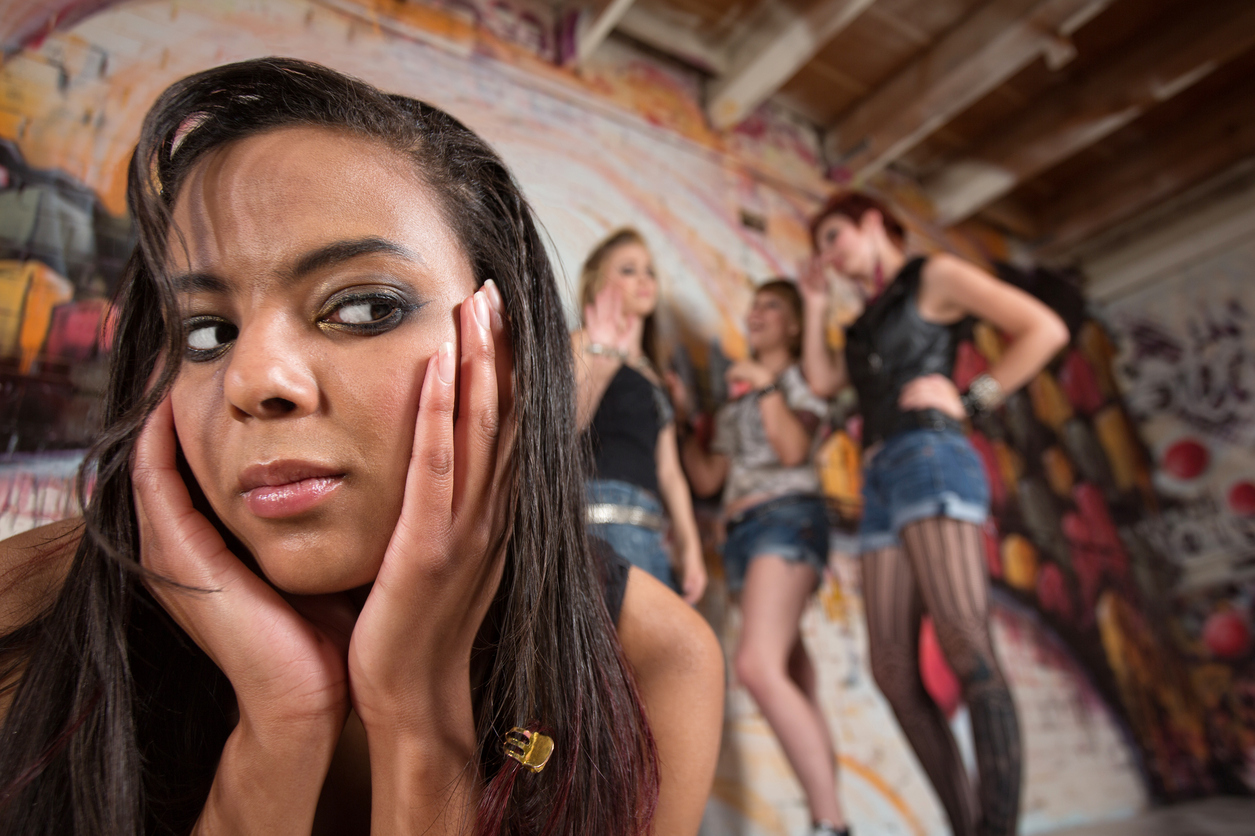Knowing When to Quit
That’s it I have decided to quit sports.
Shocking for those who know me because I am not an athlete, not the least bit athletic, withstanding training twice per week with my PT and going to the gym for a run on the treadmill. And I am at best a fair-weather sports fan. I can only hang in there when the going is good but when it gets tough, I run for the hills.
So, what is this throwing in the towel all about. It’s about suffering, deeply felt emotions that keep me awake at night and turn me inside out. Let me tell you, this season, if you will, has been one for tossing and turning. I have certainly experienced the thrill of winning and the agony of defeat with people I don’t even know and never will.
Fair enough, when I know the person – it is much worse. During my niece Jana’s sophomore year at university as a leading softball player, known for hitting and pitching, I revved up so much energy and emotions that I would wake up in the middle of the night checking my phone for a word from abroad, anything. And if Jana had a bad game, I had several sleepless nights. Just ask my therapist or even my husband for that matter. It was costly.
As a result, last year, her junior year, I dialled down my participation several notches. I happily found out after the game was over, sometimes the next day.
So proud of myself, I thought I was strong enough to enjoy a few sports this summer–a live tennis match here and there, a live basketball game, an English football game via osmosis and then the Olympics, a peak here and there—I jumped in this summer, I think feet first.
And all I can say is you would have thought that Taylor Townsend was my long-lost daughter as I watched her play doubles at Wimbledon. Though Taylor and doubles partner, Katerina Siniakova, prevailed and went on to win the final the next day, I was emotionally spent by the time it was all over, and well beyond. Honestly!
I repeated a similar experience with the USA Women’s Basketball Team in a pre-Olympics showcase. They were nowhere near losing when I decided to exit, owing to a palpitating heart. They gave a stellar performance, but Germany had a couple of NBA players who were stellar, too.
Exhausting and the Olympics were yet to come, but before we go there, let’s finish Wimbledon—the Men’s Final.
I outright refused to watch, quite worried that my favourite Carlos Alcaraz, who I sort of latched onto last year in the absence of Rafael Nadal, would not prevail. When it was clear that Carlos was the victor and that the match was about to end, Paul called me in to watch. I showed up and fled quickly after he missed two or three match points. But I did come back to see him recover and wrap it up.
On that same day, England’s Football team lost to Spain in the Euro 2024 final. And here is the thing, I don’t even like football, but like the rest of the folks in the country I had high hopes for the young lads and when they experienced the agony of defeat, so did I, for days.
Now on to the Olympics. What a roller coaster ride for Nadal, albeit it a short one. He exited in the second singles round, falling to Novak Djokovic and in the quarterfinal rounds of the Doubles when he and Alcaraz fell to Austin Krajicek and Rajeev Ram from the USA, my country. Still, I was gutted.
Never mind, I stayed with Alcaraz until the very end, well sort of. Again, I refused to watch and good thing, I did not. In his rematch with Novak Djokovic, whom he played at Wimbledon, the latter was the victor this time.
Although the win was well deserved, it underscores why I have had to quit sports. Being involved causes too much emotional unrest when the win is not with my person. Never mind that these athletes are strangers.
Admittedly, I have not watched any full sporting event during the Olympics, not even gymnastics, to avoid the racing emotions which leave me exhausted. Sadly, I do repeatedly check the medals tally, mostly at night when I should be lulling off to sleep.
No wonder I’ve quit. I know, I know. Quitting has been given a bad name and likely well deserved when you give up on something that matters, but when it is taking an emotional toll on you and threatening physical health too, kick the habit.
Knowing when to say when can be a restorative thing. I am much calmer now, particularly that the Olympics are nearly over.









